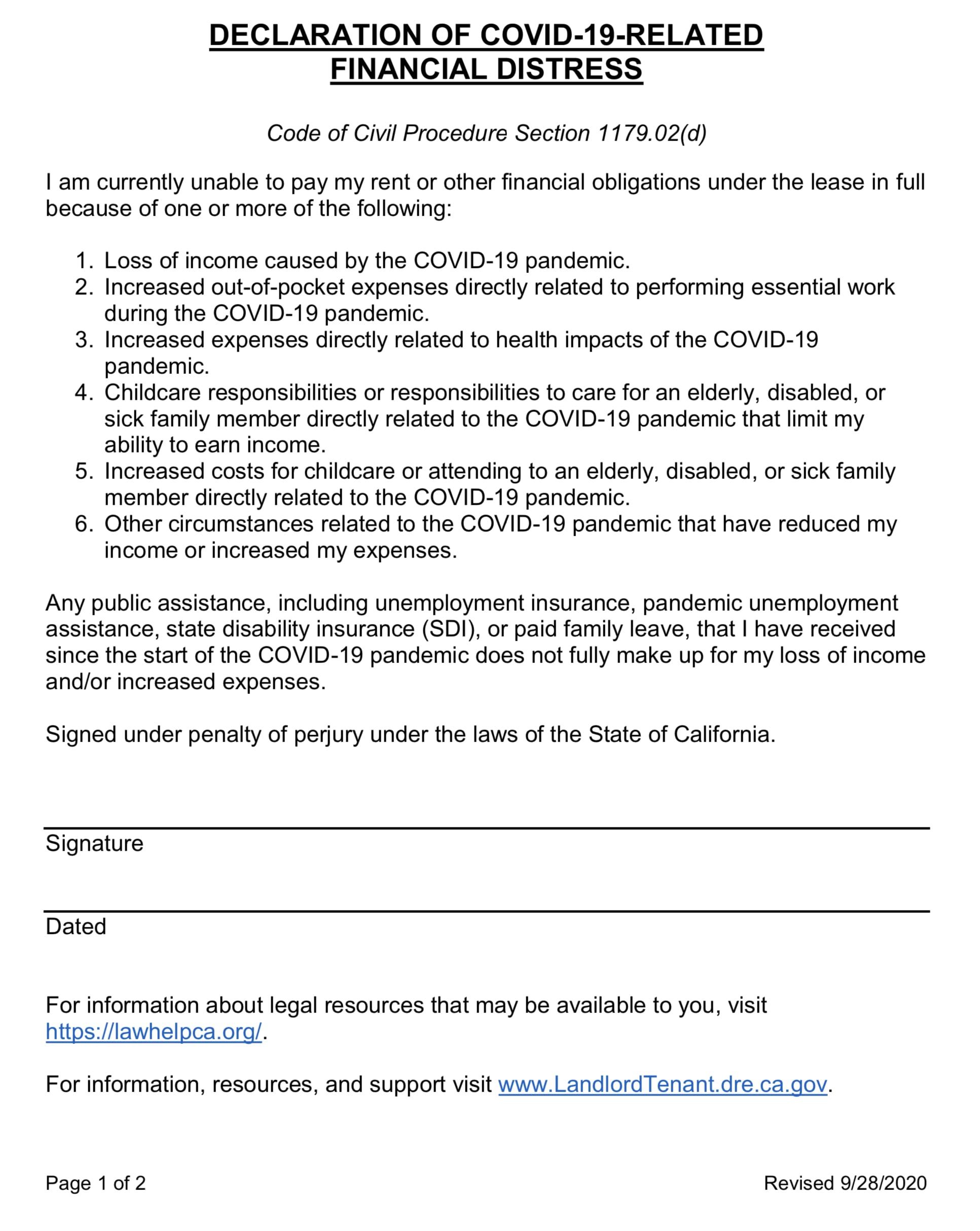Apartment-dwellers and mobile home residents struggling to pay rent in San Jose because of the pandemic are getting some relief.
The San Jose City Council voted unanimously Feb. 2 to immediately halt rent increases for residents living in rent-controlled mobile homes and apartments through June 30.
Neither the state nor Santa Clara County have taken action to prevent rent increases, and San Jose’s previous moratorium on rent hikes expired Dec. 30, prompting city leaders to take action.
“For months I have had a lot of residents get rent increase notices — in a pandemic,” Councilmember Maya Esparza said. “And what we know is that those rent increases are happening not at the expensive apartments but for the lower-income folks.”
She cited the staggering statistic that more than 37,000 Santa Clara County households owe a combined $173.5 million in back rent.
“If you make $15 an hour and that continues to add up, how do you ever get out from under that?,” Esparza added.
To take advantage of the rent freeze, residents must prove to their landlord they are facing hardship related to COVID-19 by submitting a Declaration of COVID-19 Related Financial Distress before their next scheduled annual rent increase, according to Jacky Morales-Ferrand, director of the Housing Department.
-

Renters will need to submit this declaration of financial hardship form to be protected from rent increases.
Examples of hardship include loss of income due to COVID-19, increased health expenses because of the pandemic and limiting work due to a lack of childcare or needing to care for an elderly or disabled family member.
Landlords will be required to notify renters of upcoming rent hikes. Renters who submit the declaration of financial hardship will not have to pay those increases until June 30 but those who do not submit the declaration must pay.
The apartment ordinance allows San Jose apartment owners to increase rent by 5% every 12 months while the mobile home ordinance allows annual rent increases up to a maximum amount, which varies each year.
Sandy Perry with Affordable Housing Network said he supports the freeze.
“When this first came up last year, we weren’t too concerned because we didn’t think any landlord would be foolish enough to raise rents in a pandemic — but we were wrong. Some tried. Some even got away with it,” he said.
Michael Trujillo, an attorney with the Law Foundation of Silicon Valley, who advised tenants on the 2020 moratorium, said rent freezes make an important difference for families who have been impacted by COVID-19 — especially given state and local eviction protections do not excuse a struggling tenant’s obligation to pay rent.
“Many tenants are facing growing rent debt as the crisis continues,” Trujillo said. “Tenants in our county owe more on average than other low-income tenants in the state.”
Trujillo added that the resulting debt and housing instability does not fall equally among tenants — Black, Latinx and Asian American tenants are more likely to be behind on rent when compared to white residents in California.
“That’s why it’s critical as a matter of equity that the city of San Jose continue to do everything within its power to stabilize the most vulnerable low-income residents in our community,” he said.
Contact Carly Wipf at [email protected] or follow @CarlyChristineW on Twitter.



Leave a Reply
You must be logged in to post a comment.